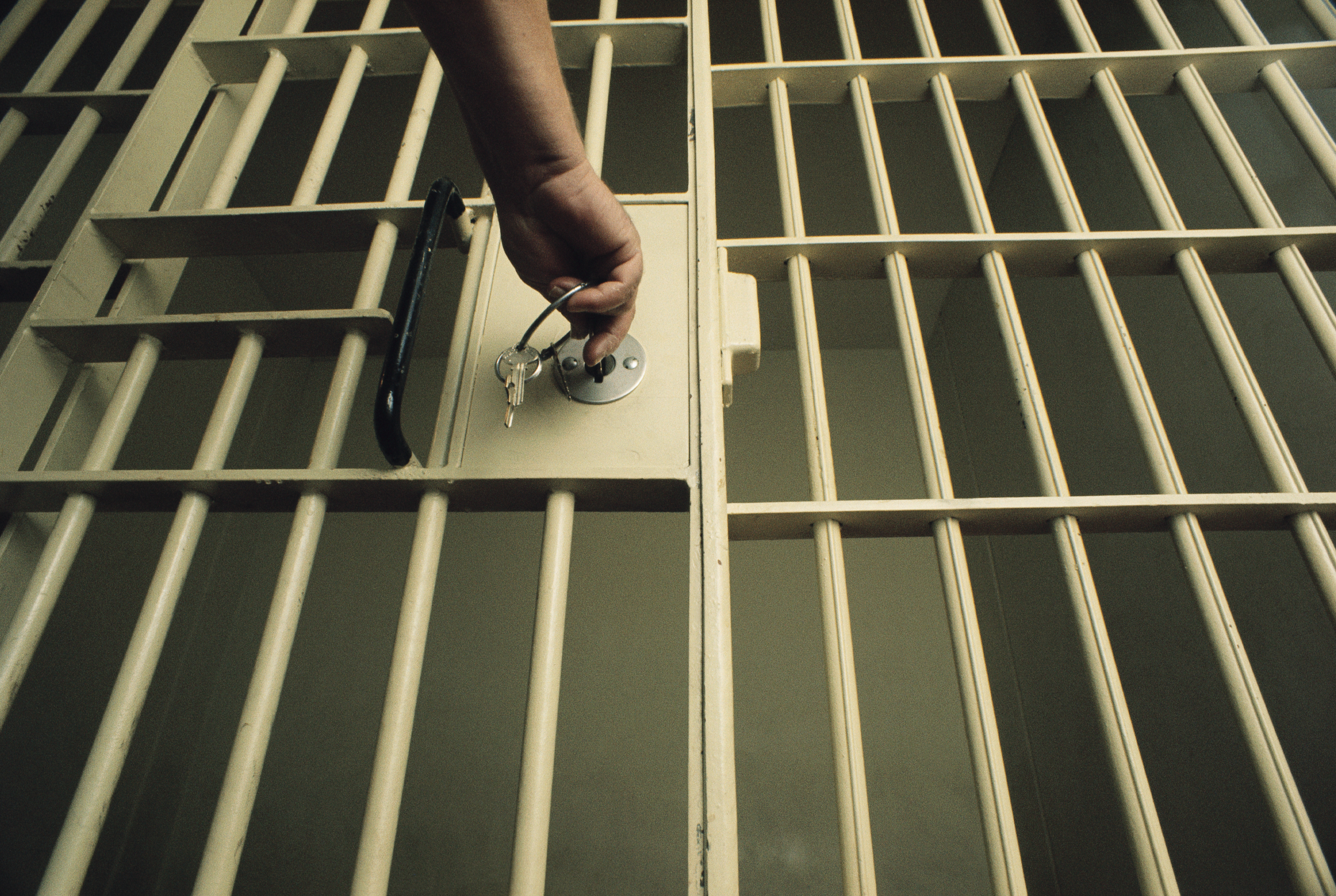A judge has sided with Aaron Hernandez’s fiancée after she filed a motion on behalf of their daughter to preserve any evidence in his prison suicide, including video recordings of his cell for the eight hours before he was found hanged.
Bristol Superior Court Judge Thomas McGuire said it's only fair that the ex-NFL star's family, the government and the public know exactly how he died.
Shayanna Jenkins-Hernandez sought a preliminary injunction to stop the state from destroying documents, videos, audio recordings, writings and any other evidence linked to Hernandez's death.
It goes on to say that the plaintiff "intends to investigate all of the circumstances regarding Aaron Hernandez’s death."
The parties named in the motion include the Massachusetts Department of Corrections and the superintendent of the Souza Baranowski Correctional Center in Shirley, Massachusetts.
U.S. & World
Stories that affect your life across the U.S. and around the world.
In court on Friday afternoon, attorney George Leontire said Hernandez's family was concerned about losing evidence related to the case, and claimed the first time they heard about his suicide notes was through the media. They have not seen them yet, he said.
An attorney for the state's Department of Correction argued that the agency's investigation remains open and ongoing and "there's no basis" for an order to preserve evidence.
Video recordings depicting Hernandez's cell, all records of his physical location for the eight hours before his death, all of his property, medical and mental health records, autopsy test results, audio recordings and interview records were among the evidence ordered to be preserved by the judge.
Jenkins-Hernandez also filed papers in court Friday saying she is contemplating a lawsuit over the supervision Hernandez received while in prison. The filing said authorities had a legal duty to provide safety and protection from personal injury to inmates in state custody.
Hernandez's death certificate was released on Friday:
The former New England Patriots tight end's death was officially ruled a suicide. The state medical examiner said the cause of death was axphyxia by hanging, Worcester District Attorney Joseph Early Jr. said in a statement Thursday.
Authorities said investigators found three handwritten notes next to a Bible in Hernandez's cell. The contents of those notes have not been released.
Hernandez, 27, was serving a life sentence for murder and just last week was acquitted in two other killings before he hanged himself with a bed sheet attached to his cell window at the Souza Baranowski Correctional Center in Shirley, Massachusetts.
About an hour after he was found, Hernandez was pronounced dead at UMass-Memorial Health Alliance Hospital in Leominster, according to a statement from the Massachusetts Department of Correction. He was in a single cell in a general population unit in the maximum-security state prison.
Investigators say Hernandez blocked access to his cell from the inside by jamming cardboard into the door tracks. They said there were no signs of a struggle and Hernandez was alone at the time of the hanging.
Questions have been raised over whether guards carried out the proper hourly cellblock checks.
Hernandez was locked in his cell around 8 p.m. Tuesday and no one entered until a correction officer observed him at 3:03 a.m. Wednesday and forced his way in, investigators said.
Law enforcement sources tell NBC Boston that Hernandez was found with the words "John 3:16" written on his forehead. The Bible passage reads “For God so loved the world that he gave his one and only Son, that whoever believes in him shall not perish but have eternal life.”
Another of Hernandez's lawyers said Friday that he will ask a court to have his murder conviction erased. John Thompson said he would file the necessary paperwork in Bristol County, the jurisdiction where Hernandez was tried and convicted in 2015.
Thompson didn't say when he'll file the request. The district attorney would be able to challenge it.
Courts in Massachusetts and a number of other states customarily vacate the convictions of defendants who die before their appeals are heard.
All first-degree murder convictions in Massachusetts trigger an automatic appeal. Hernandez's appeal was still in its early stages and hadn't yet been heard when he hanged himself.



